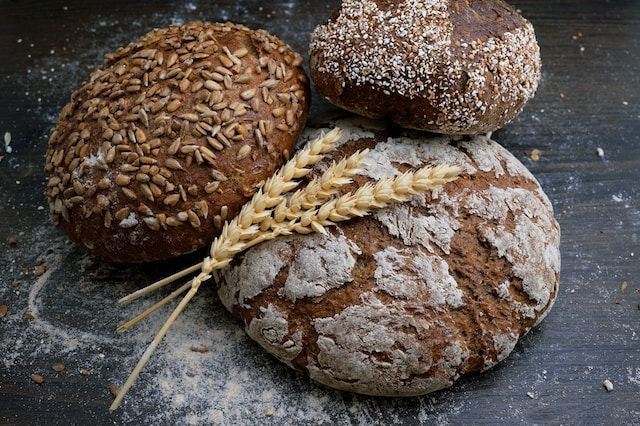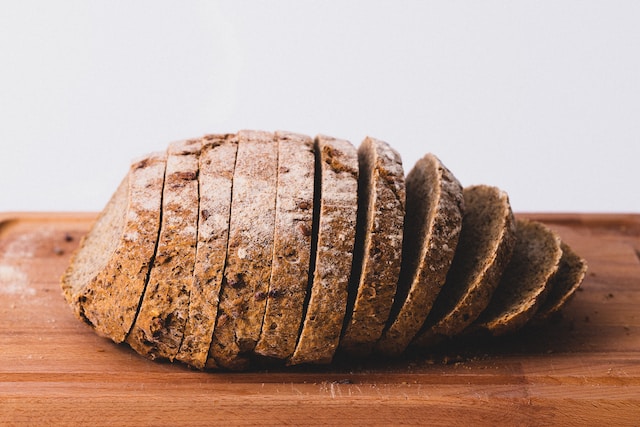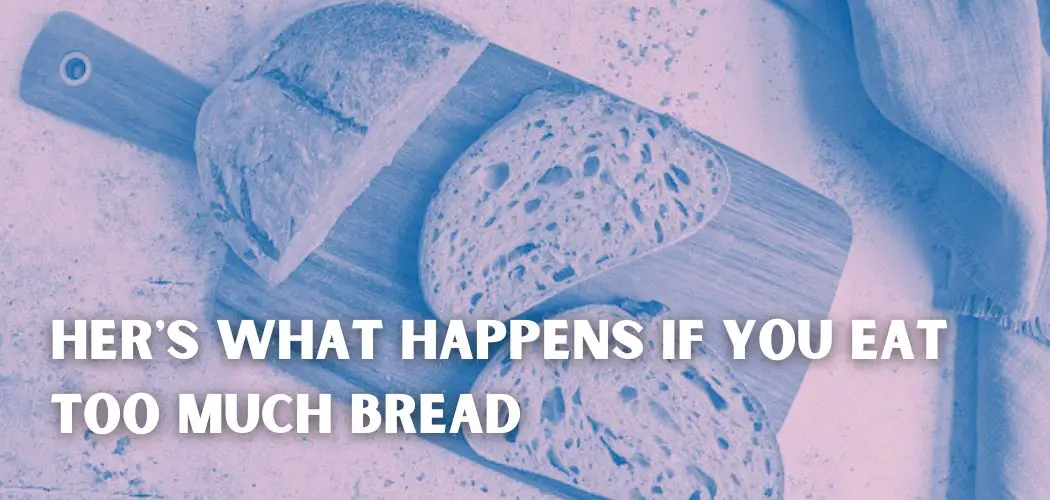Bread is a staple food in many cultures and is consumed in various forms around the world. While bread is a great source of carbohydrates and dietary fiber, overindulging in it can have negative effects on your health.
In this article, we will explore what happens if you eat too much bread.
Contents
Weight Gain
One of the most apparent consequences of consuming too much bread is weight gain. Bread is high in calories and low in nutrients.
Eating too much bread can lead to an excess of calories, which the body will store as fat, leading to weight gain. This is especially true if you are not burning off these extra calories through physical activity.
Digestive Problems
Bread contains gluten, a protein that can cause digestive problems for some people. Gluten intolerance or sensitivity can cause symptoms like bloating, gas, and diarrhea.
People with celiac disease must avoid gluten entirely to prevent severe intestinal damage. Additionally, consuming too much bread can cause constipation due to its low fiber content.
Blood Sugar Spikes
Eating too much bread, especially white bread, can cause spikes in blood sugar levels. White bread is high in refined carbohydrates, which the body converts rapidly to sugar.

When blood sugar levels spike, the body releases insulin to regulate them. Consistently consuming too much bread can cause the body to produce too much insulin, leading to insulin resistance and eventually, type 2 diabetes.
Increased Risk Of Heart Disease
A diet high in refined carbohydrates, like white bread, can increase the risk of heart disease. Refined carbohydrates can lead to an increase in triglycerides, a type of fat found in the blood. High levels of triglycerides are associated with an increased risk of heart disease.
Additionally, consuming too much bread can lead to elevated blood pressure and cholesterol levels, further increasing the risk of heart disease.
Nutrient Deficiencies
While bread is a good source of carbohydrates, it is low in many essential nutrients. Consuming too much bread can lead to nutrient deficiencies. For example, bread is low in vitamins, minerals, and antioxidants.
A diet lacking in these nutrients can lead to many health problems, including an increased risk of chronic diseases like cancer.
Bread is a staple food in many cultures worldwide and is an excellent source of carbohydrates and dietary fiber. However, consuming too much bread can have negative effects on your health.
Nutrition Facts
The nutritional information of bread can vary depending on the type of bread, the ingredients used, and the serving size. Let’s explore the general nutritional information of bread.
Carbohydrates
Bread is primarily composed of carbohydrates, which provide the body with energy. The amount of carbohydrates in bread can vary depending on the type of bread. For example, white bread is made from refined flour and typically contains more carbohydrates than whole-grain bread.
Protein
Bread contains a small amount of protein, which is important for maintaining and repairing the body’s tissues. The protein content of bread can vary depending on the type of bread and the ingredients used.
Fat
Bread is generally low in fat, although the amount of fat can vary depending on the type of bread and the ingredients used. Some bread may contain added fats, such as butter or oil, which can increase the fat content.
Vitamins And Minerals
Bread is a good source of various essential vitamins and minerals, including B vitamins, iron, zinc, and magnesium. The vitamin and mineral content of bread can vary depending on the type of bread and the ingredients used.
Calories
The number of calories in bread can vary depending on the type of bread and the serving size. Generally, bread is a moderate-calorie food, with one slice typically containing around 80-100 calories.
Health Benefits Of Consuming Bread In Moderation
While consuming too much bread can have negative effects, consuming it in moderation can offer several health benefits. The following are some of its health advantages if consumed in moderation.
Energy Source
Bread is an excellent source of carbohydrates, which the body uses as a primary energy source. Consuming bread in moderation can provide a steady supply of energy throughout the day, which can help maintain physical and mental performance.
Dietary Fiber
Bread is an excellent source of dietary fiber, which is essential for maintaining healthy digestion. Fiber helps regulate bowel movements, prevent constipation, and promote the growth of healthy gut bacteria.

Whole-grain bread, in particular, is an excellent source of fiber and can help reduce the risk of heart disease, diabetes, and certain types of cancer.
Satiety
Bread can help promote feelings of fullness and satiety due to its carbohydrate and fiber content. This can be especially beneficial for people trying to lose weight or maintain a healthy weight.
Consuming bread in moderation as part of a well-balanced diet can help prevent overeating and promote healthy weight management.
Convenience
Bread is a convenient and affordable food that can be incorporated into many different meals and snacks. It can be used as a base for sandwiches, toast, or as a side dish for soups and stews.

Consuming bread in moderation can help provide a quick and easy source of nutrition when you are on-the-go or short on time.
Conclusion
Bread is a good source of carbohydrates, dietary fiber, and various essential nutrients that are important for overall health.
Overconsumption of bread can also lead to weight gain, digestive problems, blood sugar spikes, an increased risk of heart disease, and nutrient deficiencies.
It is important to choose whole-grain bread over refined bread and to consume bread in moderation as part of a well-balanced diet to maximize its health benefits.
